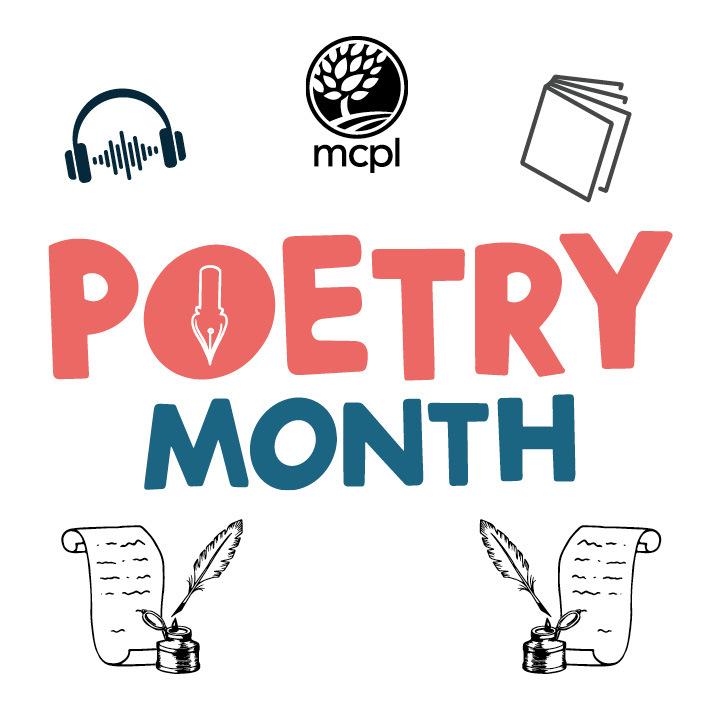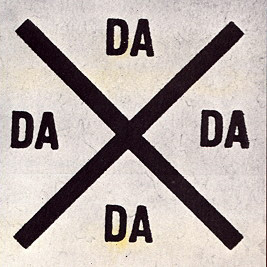April is Poetry Month

Every April, the world celebrates poetry! The month is a reminder that poets play an integral role in our culture and that poetry matters. To celebrate, we have a lot of opportunities to read, listen, connect, and create with poetry in a variety of ways.
“Poetry is humanity's oldest form of literature–it's both ancient and modern. If you don't like reading it, you can listen to it,” said Jack Kovaleski, Community Engagement Librarian. “If you don't like listening to it, you can write it! Give it a chance and it will surprise you.”

 "Beautiful like the chance meeting on a dissection table of a sewing machine and an umbrella." —Compte de Lautréamont
"Beautiful like the chance meeting on a dissection table of a sewing machine and an umbrella." —Compte de Lautréamont April is National Poetry Month, and tomorrow is
April is National Poetry Month, and tomorrow is